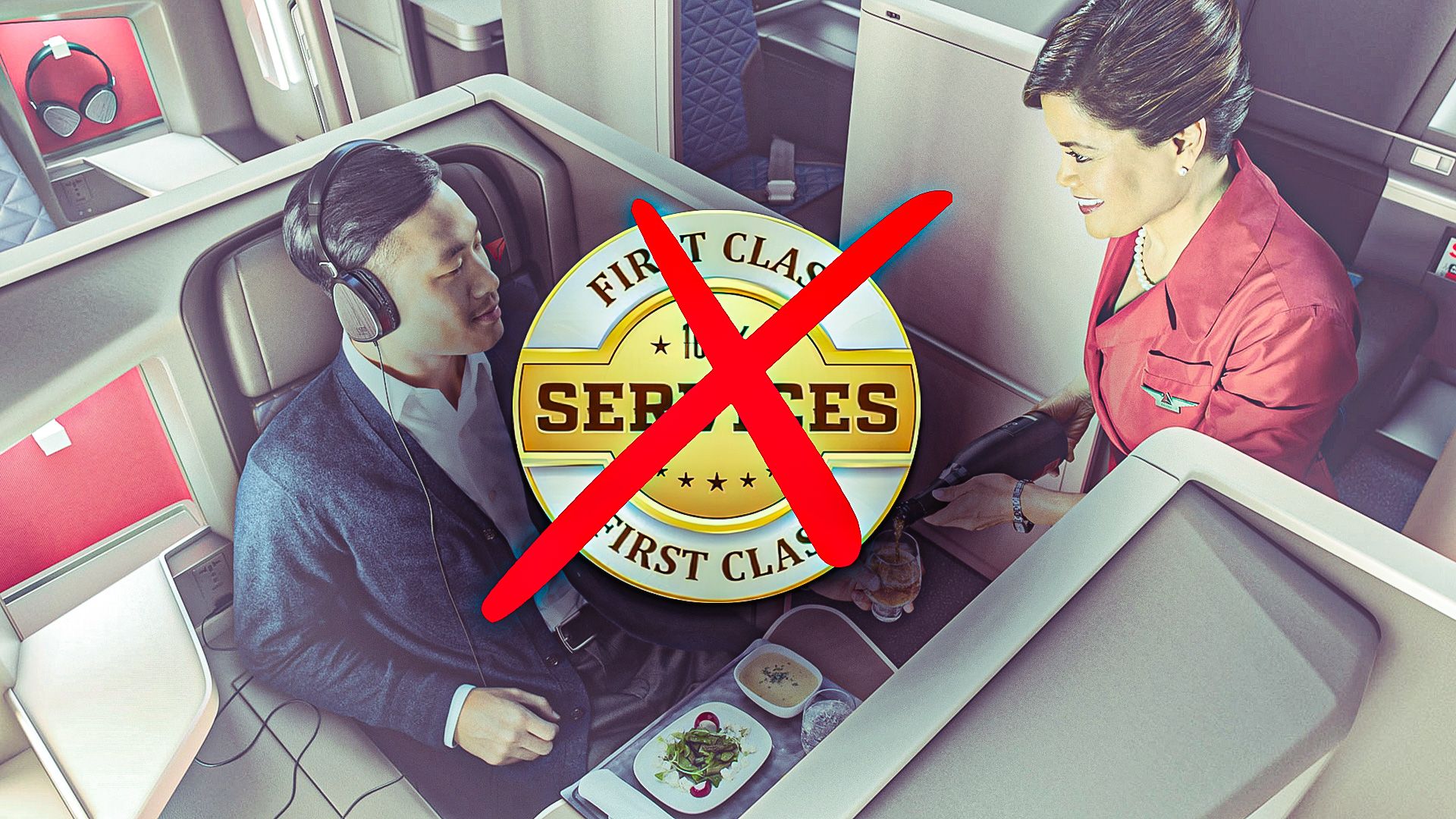The Decline of First Class Travel
First class travel has long been the pinnacle of luxury in commercial aviation, offering passengers an exclusive and indulgent experience. While private jets remain the only more luxurious option, they are typically reserved for the ultra-wealthy and VIPs. In recent years, however, many airlines have decided to eliminate their first class offerings altogether. This shift raises important questions about the future of premium air travel and its impact on the industry.
Why Airlines Are Ditching First Class
One of the main reasons airlines are removing first class is that it is not very profitable. Despite the high price tags, few passengers pay full cash for first class tickets. Instead, many use loyalty points to upgrade from business class, which means airlines are not generating significant revenue from this cabin.
First class cabins also require a lot of space, which is a precious commodity on aircraft. A typical first class suite takes up as much room as six economy seats. The cost of building and maintaining these luxurious suites can be extremely high, often running into hundreds of thousands of dollars. Additionally, the expenses associated with high-quality amenities, dining, lounges, and dedicated staff add up quickly.
In contrast, airlines make the bulk of their revenue from business class and premium economy cabins. Business class offers a high sales price without taking up as much floor space, while premium economy is cheaper to operate and only occupies slightly more room than an economy seat. These cabins also come with a significant price increase, often doubling or tripling the standard economy fare.
The Rise of Superior Business Class Products
In recent years, airlines have significantly improved their business class offerings, making them more appealing to passengers. Many now feature private suites that were once exclusive to first class. For example, Qatar Airways’ Qsuite, introduced in 2017, has set new standards for comfort and privacy in long-haul travel. Each Qsuite is a fully enclosed pod with a sliding door, providing passengers with a high level of privacy. The layout is 1-2-1 across the cabin, ensuring direct aisle access for every passenger. Some rows even allow the center seats to be converted into a “quad suite,” while couples can transform the middle pair of suites into something resembling a double bed.
With such high-quality business class products available, the gap between business class and first class has narrowed. Many passengers may now question whether it’s worth paying the extra cost for a first class ticket when business class offers similar comfort and amenities.
The Shift to Narrowbody Aircraft
Another factor contributing to the decline of first class is the growing use of narrowbody aircraft for long-haul routes. Large widebody aircraft like the Boeing 747 used to be the go-to choice for longer flights, as they had ample space for first class cabins. However, recent trends show that long-haul aircraft are becoming smaller, with models like the Airbus A350 and Boeing 787 gaining popularity. Even narrowbody aircraft such as the Airbus A321XLR are now being used for long-haul routes.
These smaller aircraft have less floor space, making it difficult to accommodate meaningful first class cabins. Airlines have responded by focusing on optimizing business class products, ensuring they are similar to or better than those found on widebody aircraft.
Case Studies: Thai Airways and Riyadh Air
Thai Airways recently announced the removal of its first class product. Its first class offering was already limited to just three Boeing 777-300ER aircraft operating two routes from Bangkok to London and Tokyo. Given the small number of aircraft and routes, maintaining a first class cabin was not financially viable. The airline plans to replace its first class with a “business class plus” product on the Boeing 787-9 fleet, which will be rolled out across its 777-300ER fleet as well.
Riyadh Air, a new airline launched by Saudi Arabia as part of its Vision 2030 plan, has chosen not to offer a first class product at all. CEO Tony Douglas explained that the airline believes first class is not an efficient use of space and prefers to focus on a three-cabin product that includes business class, premium economy, and economy. This approach allows the airline to provide a superior business class experience while maximizing the use of available space.
Airlines That Still Offer First Class
Despite the trend, a few airlines continue to offer first class. Singapore Airlines is one of the most renowned for its luxurious first class experience. Passengers enjoy spacious suites with sliding doors, full-flat beds, fine dining, and exceptional service. Some Airbus A380 aircraft even feature “Singapore Suites,” which include private cabins with leather armchairs and separate beds.
Emirates is another major airline that still offers a first class product. On its Boeing 777-300ERs, passengers can enjoy fully enclosed suites with floor-to-ceiling sliding doors, mood lighting, and personal climate control. The airline also offers unique experiences on its Airbus A380s, such as onboard showers and lounge bars. Emirates combines luxury, personalized service, and cutting-edge technology to create a first-class experience that rivals private jet travel.
British Airways is one of the few European carriers to still offer first class. The airline deploys its first class-equipped aircraft on high-revenue routes, such as London to New York.
Conclusion
While first class travel remains a symbol of luxury, its future is uncertain. With the rise of superior business class products and the shift to narrower aircraft, many airlines are rethinking their approach to premium travel. Although a few carriers continue to offer first class, the trend suggests that it may soon become a rarity. Whether this shift is driven by profit, efficiency, or changing passenger preferences, one thing is clear: the landscape of premium air travel is evolving rapidly.



